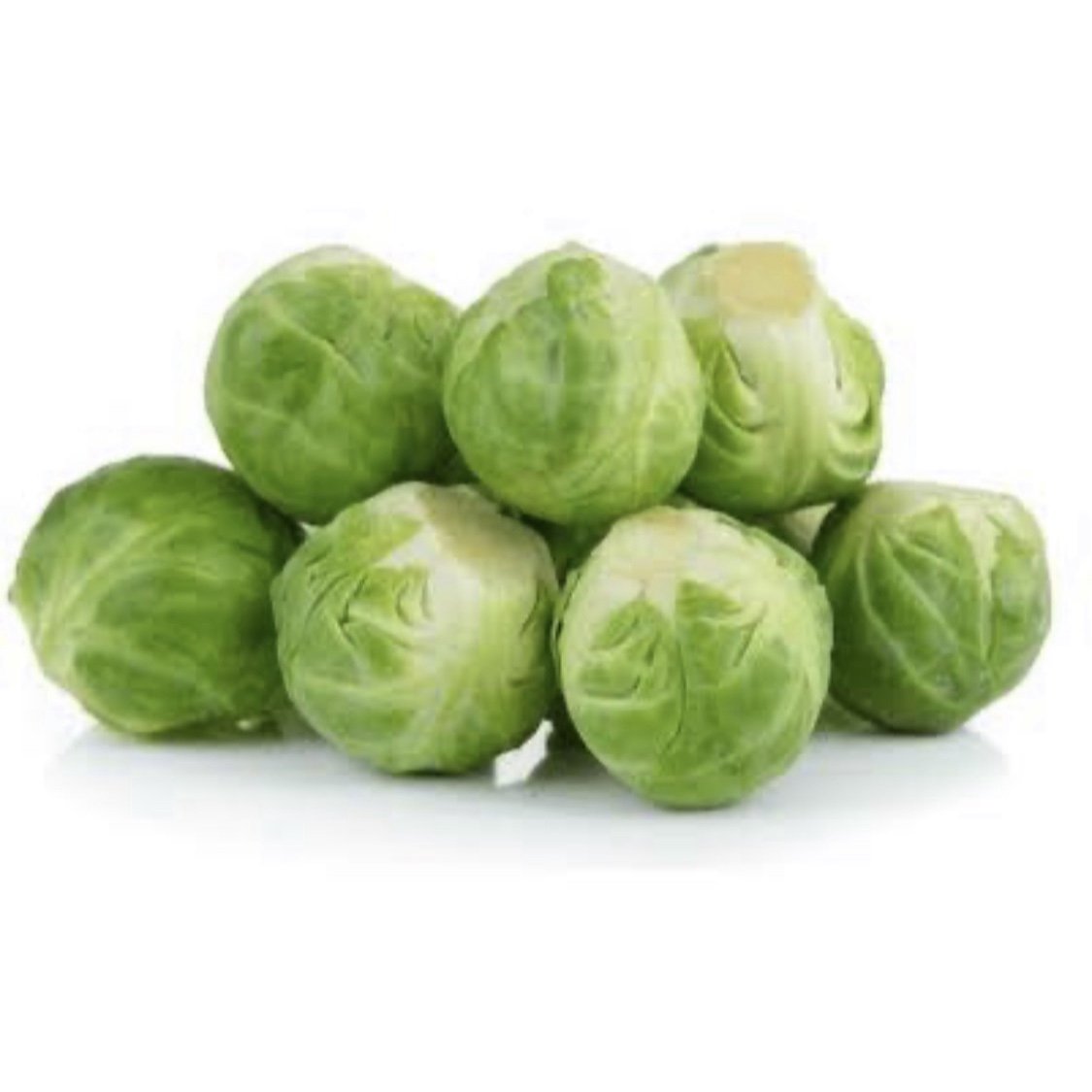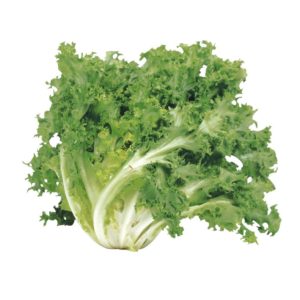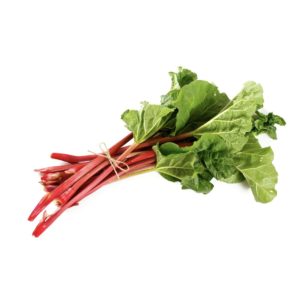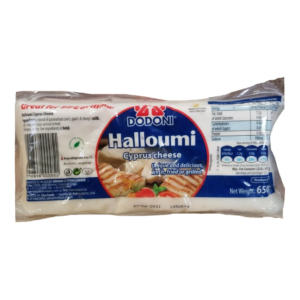Brussels sprouts loose are a hearty vegetable with a strong, nutty flavor. Enjoy them raw and shredded in a salad or roasted with a drizzle of olive oil. You can purchase a fresh Brussels sprout stalk, which hosts small heads neatly aligned side by side in rows, or you can buy a bag of loose sprouts, fresh or frozen.
Brussels sprouts are a cruciferous vegetable that is low in carbohydrates with lots of filling fiber. Many Brussels sprouts recipes call for bacon, butter, or maple syrup, quickly racking up the saturated fat and sugar content. Be mindful of your preparation to get the maximum benefits from this nutritional powerhouse.
Brussels Sprouts Nutrition Facts
One cup of boiled Brussels sprouts (156g) provides 56 calories, 4g of protein, 11g of carbohydrates, and 0.8g of fat. Brussels sprouts are an excellent source of fiber, vitamin C, and vitamin K. The following nutrition information is provided by the USDA.1
- Calories: 56
- Fat: 0.8g
- Sodium: 16mg
- Carbohydrates: 11g
- Fiber: 4.1g
- Sugars: 2.7g
- Protein: 4g
- Vitamin K: 219mcg
- Vitamin C: 97mg
- Folate: 93.6mcg
Carbs
Of the 11 grams of carbohydrates in a cup of cooked Brussels sprouts, a little over 4 grams are from fiber. Fiber is an indigestible carbohydrate that helps keep you full, reduces cholesterol, regulates bowels, and helps stabilize blood sugar.2
Brussels sprouts have a low glycemic index, so they are a good choice for those on a low-carb diet or anyone who is watching their blood sugar.
Fats
Brussels sprouts contain negligible amounts of fat with a greater percentage coming from unsaturated fats than saturated fats.
Protein
With about 4 grams of protein per 1 cup cooked, Brussels sprouts are a decent source of plant-based protein, especially if you have multiple servings. However, Brussels sprouts are not a complete source of all the essential amino acids, so it is important to eat a variety of protein sources rather than relying on Brussels sprouts alone.3
Vitamins and Minerals
these Brussels sprouts are a source of the B-vitamins necessary for cellular energy production, including vitamin B6, thiamine, and folate. Brussels sprouts contain 24% of the daily recommended amount of vitamin A, which is important for eyes and immunity.
Brussels sprouts are an excellent source of vitamin C and vitamin K, providing over 100% of your daily value of each based on a 2,000 calorie per day diet. Vitamin K is linked to heart health and longevity and is responsible for blood clotting.4 Brussels sprouts also contain manganese, which helps with metabolizing carbohydrates, amino acids, and cholesterol.5
Summary
Brussels sprouts are very nutrient dense, providing over 100% of your daily value for vitamins C and K in a low-calorie, nearly fat-free package. They are also high in fiber, potassium, manganese, magnesium, and vitamin A.
Brussels Sprouts Calories
One cup of boiled Brussels sprouts (156g) provides 56 calories, 65% of which come from carbs, 23% from protein, and 12% from fat.
In 100g of brussels sprouts, there are 36 calories. This is how other green vegetables compare per 100g:
Health Benefits
Brussels sprouts are an excellent source of vitamin C and vitamin K. They’re rich in fiber and phytonutrients, which offer a host of health benefits.





